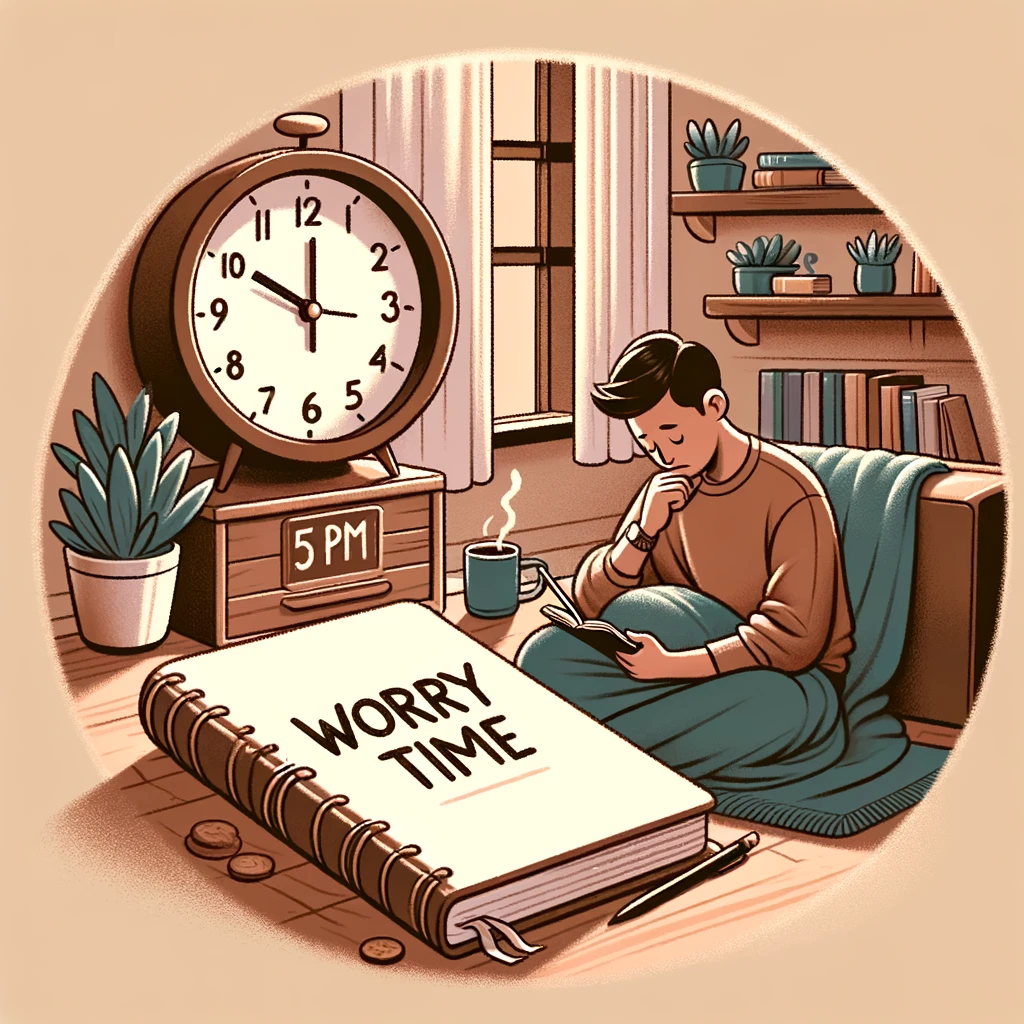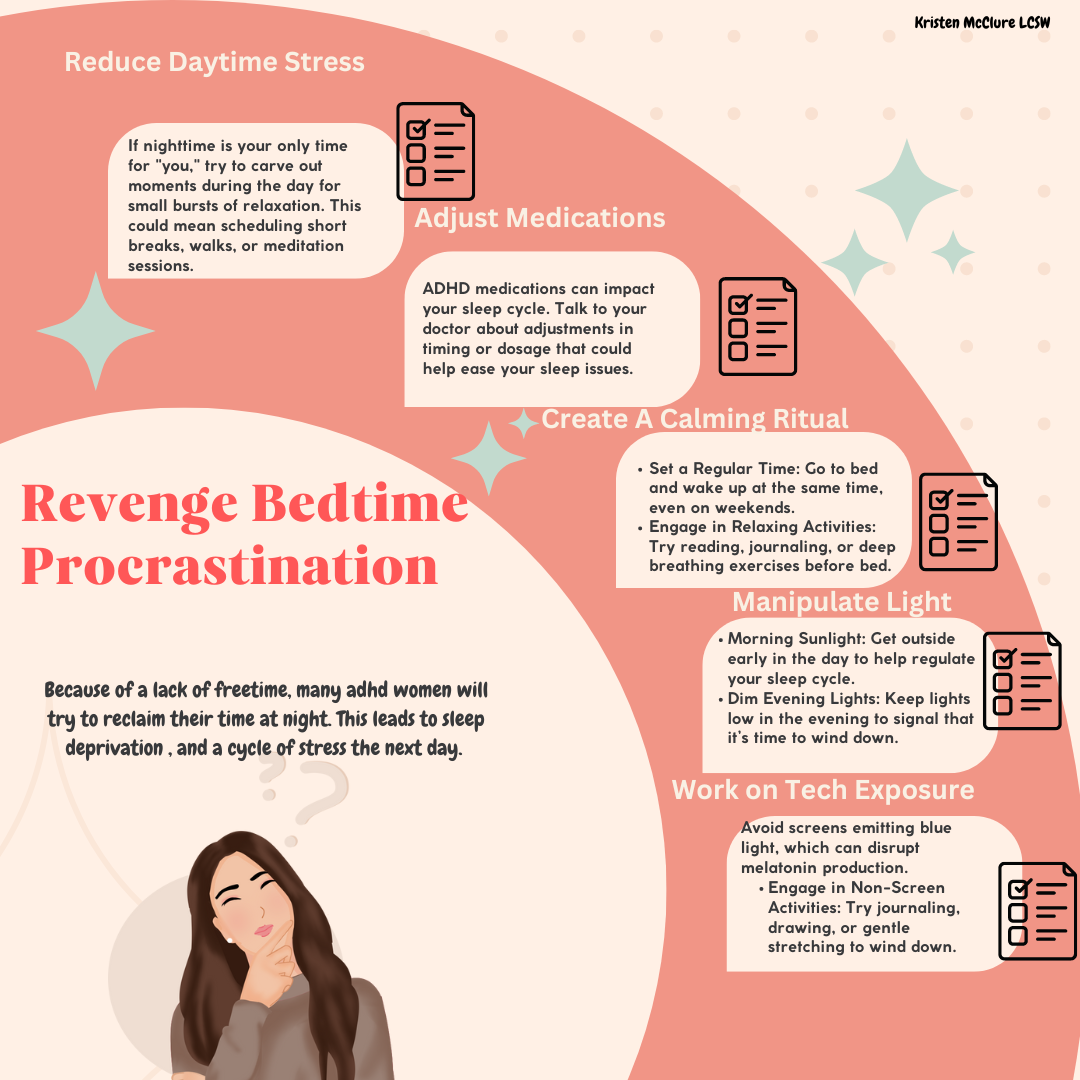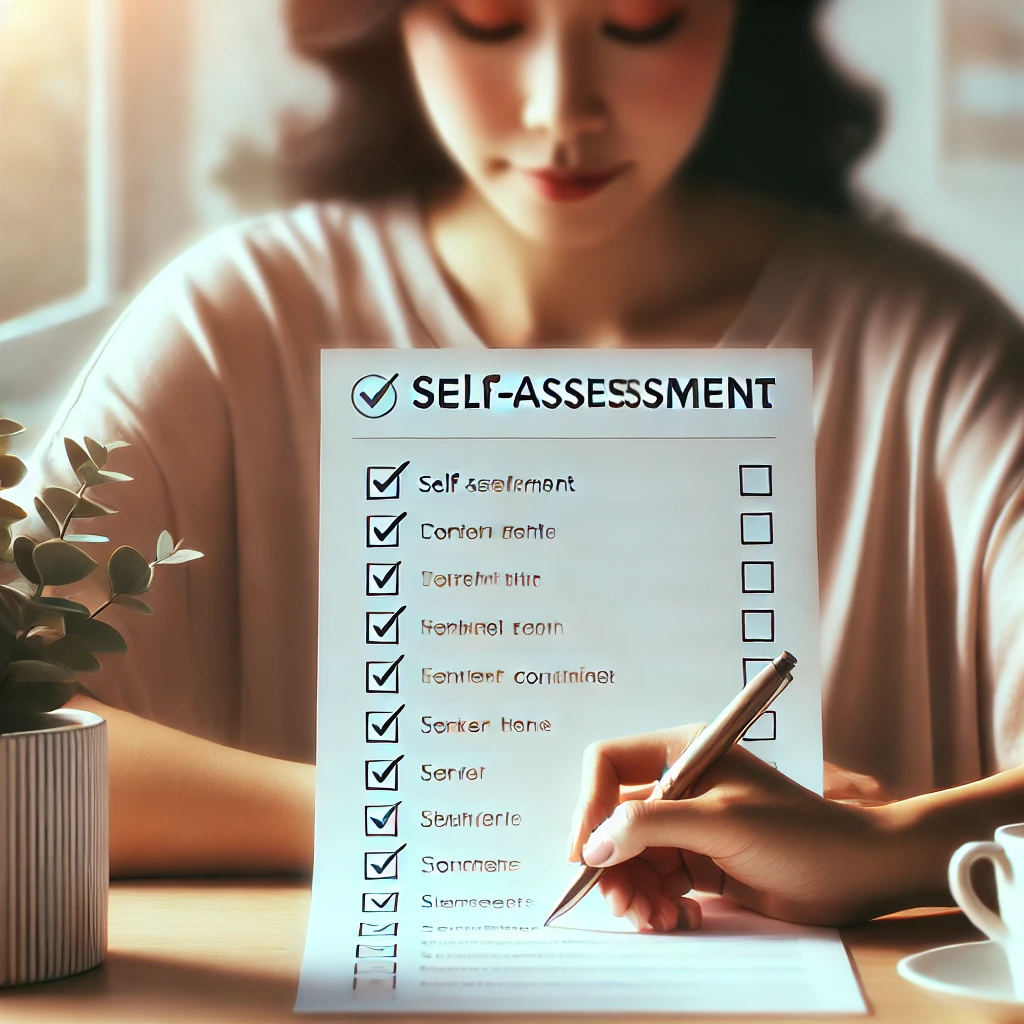
Memory Loss, Menopause, and ADHD: Navigating Cognitive Changes with Self-Compassion
Memory loss, menopause, and adhd are something I deal with all the time in my therapy office. Memory loss can be one of the most challenging aspects of menopause, especially when you’re managing ADHD. You're not alone if you’re forgetting names, losing track of conversations, or feeling scattered. Menopause can amplify these ADHD-related struggles, but understanding why—and how to accommodate your brain—can make all the difference.
The Impact of "Brain Fog" on Memory During Menopause
"Brain fog" describes the memory problems many women experience during menopause. Common signs include:
- Difficulty recalling names and details.
- Struggles with working memory—like holding onto directions or steps in a task.
- Everyday forgetfulness—losing track of routines or misplacing things.
This fog is incredibly frustrating for women with ADHD, who already face memory and focus challenges. Self-compassion is key here. It’s important to remind yourself that these changes are natural, and you don’t need to push through with frustration.
Estrogen’s Role in Memory Loss Menopause and ADHD
Estrogen, especially estradiol, helps regulate brain areas crucial for memory, like the hippocampus and prefrontal cortex. During menopause, the decline in estrogen affects these brain regions, leading to memory lapses and difficulty focusing. Estrogen also supports dopamine, which is vital for attention and working memory—areas where ADHD already creates challenges.
Executive Function and ADHD: Why Menopause Makes It Harder
Menopause impacts executive function—your brain’s ability to plan, organize, and follow through on tasks. For women with ADHD, the decline in estrogen can make it even harder to manage working memory and focus. This often shows up as:
- Forgetting steps in tasks.
- Losing focus easily.
- Difficulty remembering recent events.
Self-Accommodation: Adjust for Memory Loss
Adjusting your expectations and routines to support your brain during this time is essential. Use tools like planners, reminders, and apps to help manage your memory load, and simplify tasks where possible.
Hormone Therapy and Memory: Is It Right for You?
Hormone therapy (HRT) may help improve memory during menopause for some women. However, the research is mixed, with studies like the Women’s Health Initiative Memory Study (WHIMS) showing varying results depending on timing and individual factors.
Self-Advocacy: Speak Up for Your Needs
If you’re considering HRT, talk to your healthcare provider about how it might impact your memory. Ask questions like:
- Is hormone therapy right for me?
- What are the potential benefits and risks?
Other Factors Influencing the connection between Memory Loss Menopause and ADHD: Sleep, Stress, and Mood
Memory loss isn’t just about hormones. Sleep disturbances, stress, and depression—common during menopause—also play a role. Addressing these factors through self-care can improve your cognitive function.
Self-Care: Protect Your Brain
- Prioritize sleep: A restful night helps with memory consolidation.
- Manage stress: Practice mindfulness or relaxation techniques.
- Eat brain-boosting foods: Incorporate omega-3s, leafy greens, and berries.
Cognitive Training: Can It Help With Memory Loss?
Cognitive training can support memory, along with lifestyle changes. Apps like Lumosity or Elevate offer short exercises to improve memory and focus.
How It Can Help:
- Boosts working memory: Strengthens the ability to hold and recall information.
- Improves focus: Sharpens attention
- Supports organization: Helps manage everyday tasks.
- Ask yourself if you might want to try this.
- Then, add 10–15 minutes daily to offer extra support for your memory.
- Reflect on if you see a difference.
- Continue or discontinue based on your assessment
Navigating Memory Loss ADHD and Menopause with Confidence
You can regain some confidence and control by combining self-compassion, self-accommodation, and self-care. Adjust your routines, explore treatment options like HRT, and try cognitive training for extra mental support. You deserve kindness, patience, and the right tools to manage these challenges and continue thriving through menopause.







